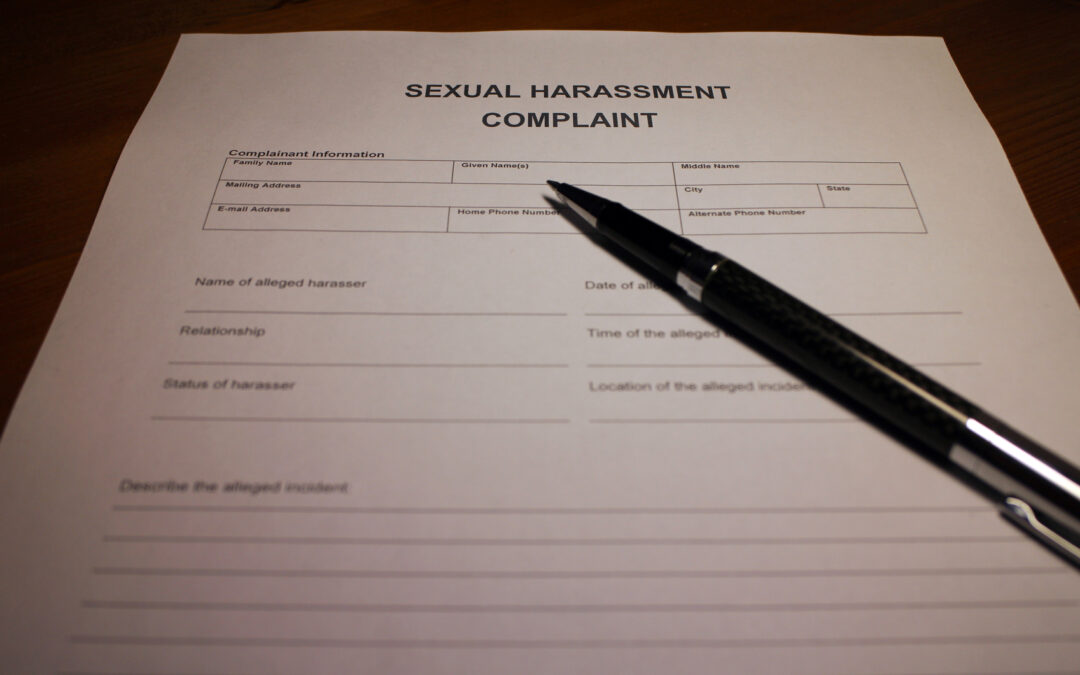Last week, both the House and Senate passed, on a bipartisan basis, the “Ending Forced Arbitration of Sexual Harassment Act of 2021” as an amendment to the Federal Arbitration Act. Although the House and Senate versions were different, the Senate ultimately passed the House version on a voice vote (H.R 4445). The law provides that at the election of a person alleging a sexual harassment or sexual assault dispute, any pre-dispute arbitration agreement will not be valid or enforceable. The legislation applies to any case which is filed under Federal, Tribal or State law relating to sexual assault or sexual harassment. (The law also applies to any waiver of a collective action under a pre-dispute arbitration agreement). After the President’s anticipated signature, the law is to apply to any dispute or claim “that arises or accrues after the date of enactment.”
“Sexual assault dispute” is defined as “involving nonconsensual sexual contact” which would qualify as sexual abuse under the federal criminal code, or similar applicable Tribal or State law. “Sexual harassment dispute” is defined as “relating to conduct that is alleged to constitute sexual harassment under applicable Federal, Tribal, or State law.”
Notably, the Act also provides the applicability of the statute will be determined under federal law. Further, it provides the validity and enforceability of any such pre-dispute arbitration agreement will be determined by a court, rather than an arbitrator, irrespective of whether the person making the claim contests the agreement as a whole or the arbitration agreement itself, and also regardless of whether the agreement delegates that authority to the arbitrator. This language is obviously directed to the Supreme Court’s decisions in Prima Paint Corp. v. Flood & Conklin Mfg. Co., 388 U.S. 395, 404 (1967) and Rent-A-Center West, Inc. v. Jackson, 561 U.S. 63, 2777 (2010).

